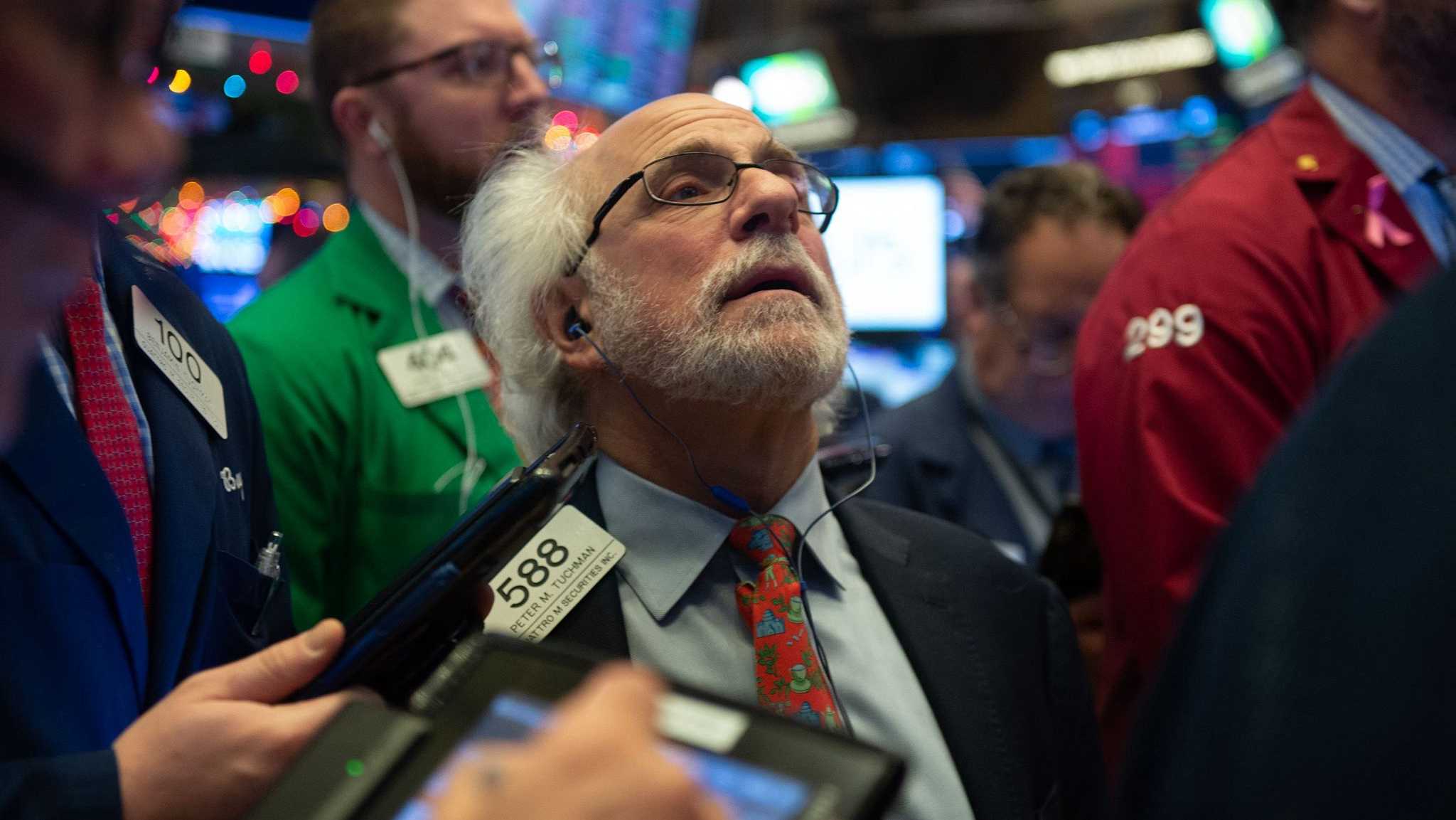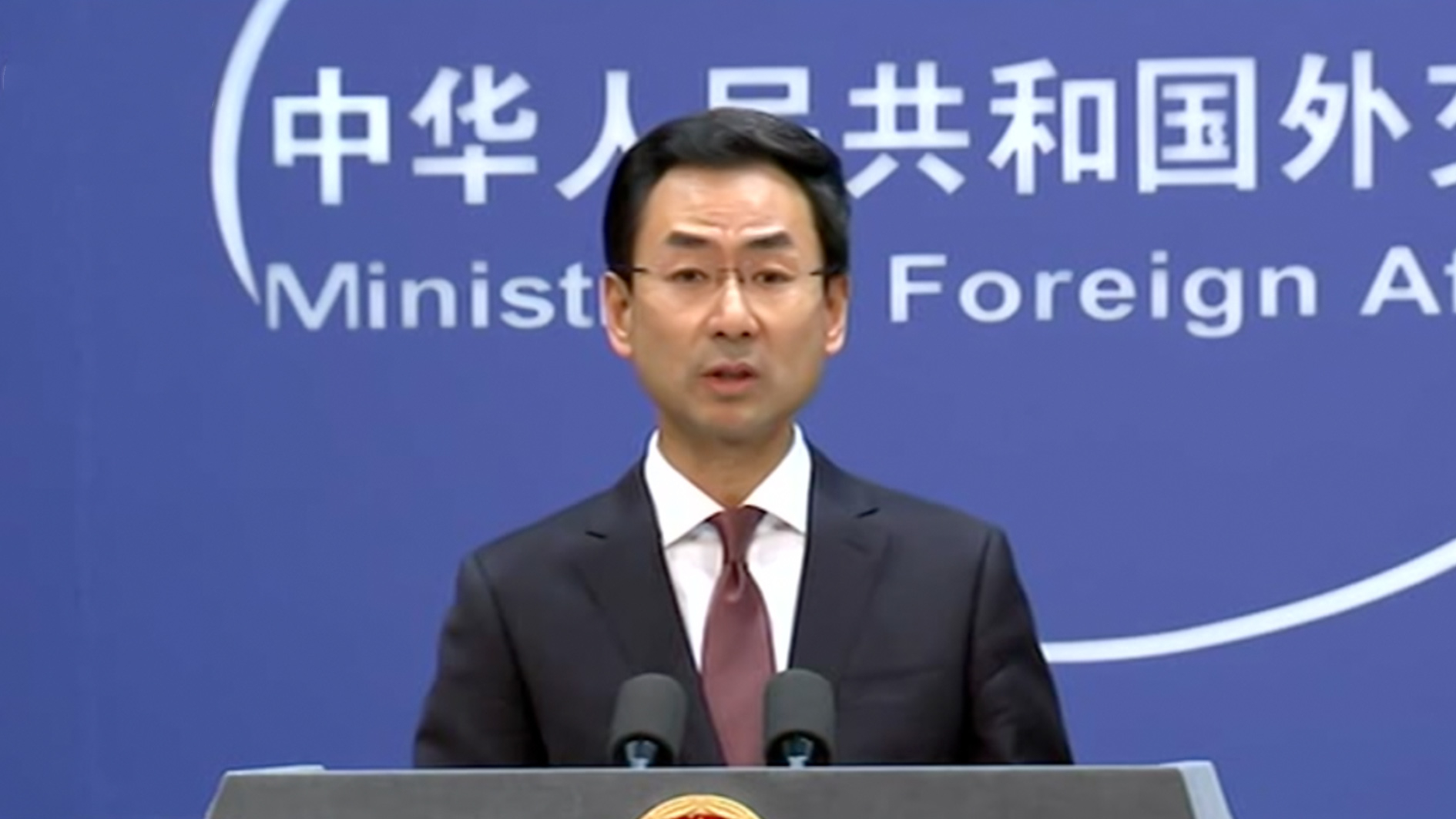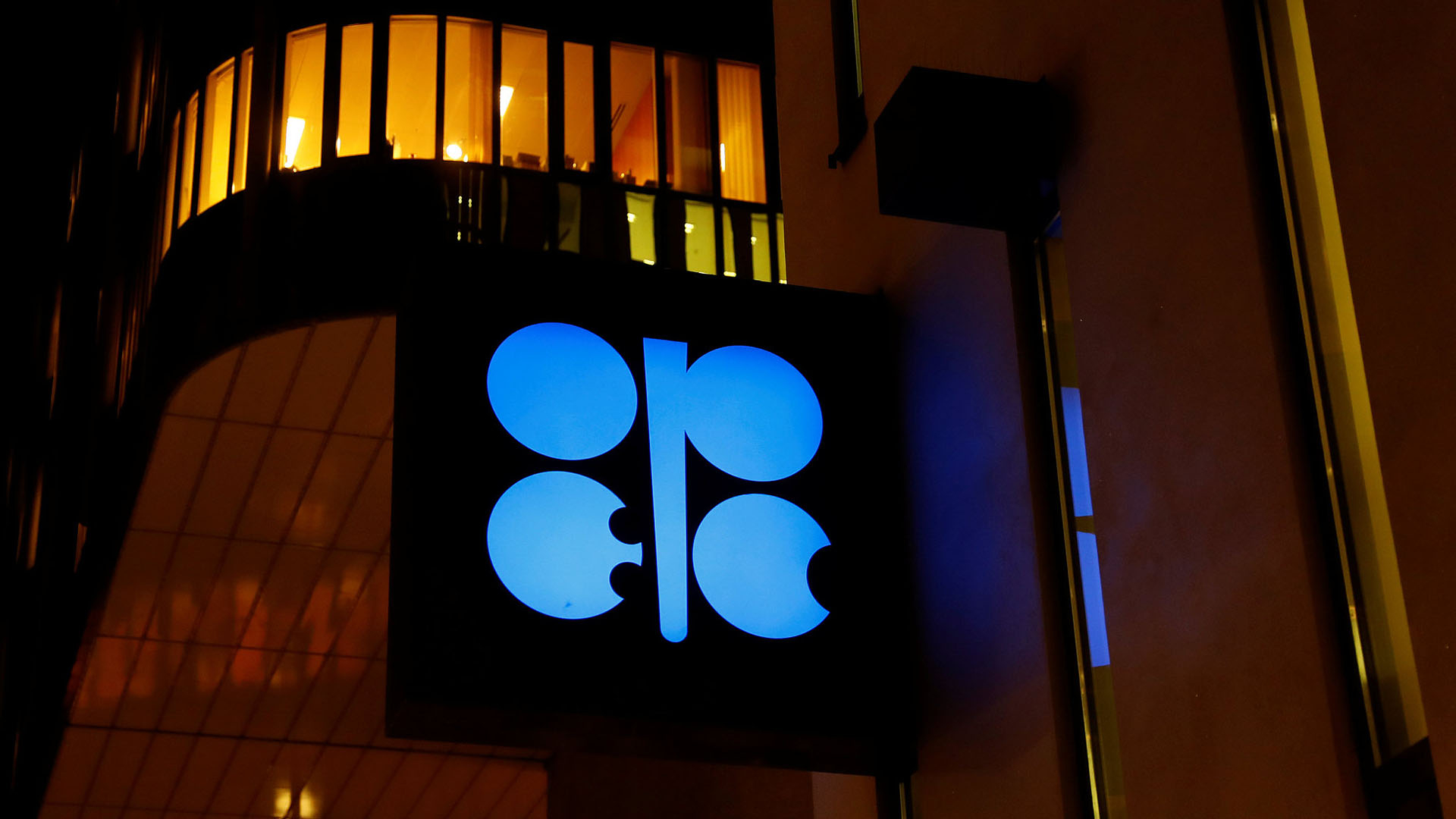
Business
11:02, 07-Dec-2018
Huawei arrest, OPEC meeting weigh on investors as global markets slump
Updated
10:49, 10-Dec-2018
CGTN

Global stock markets fell sharply on Thursday, as concerns grew over the arrest of Huawei CFO Meng Wanzhou and OPEC's failure to announce details of an oil production cut.
Wall Street slipped following big drops in Asia and Europe, with the UK's FTSE 100 seeing its biggest one-day fall in two years.
The S&P 500 closed down 0.15 percent, recovering from a sharp fall in morning trading. The index is still 3.50 percent down from Monday's peak, which followed Chinese President Xi Jinping and U.S. President Donald Trump's meeting at G20 in Buenos Aires.

It's been a turbulent week for U.S. stocks, with the S&P 500 falling sharply since Monday. /Reuters Photo
It's been a turbulent week for U.S. stocks, with the S&P 500 falling sharply since Monday. /Reuters Photo
The Dow Jones and Nasdaq followed similar patterns, recovering in late trading on Thursday but still down by 3.60 and 4.00 percent respectively from Monday.
The meeting of the two leaders resulted in a 90-day trade truce, with world markets breathing a collective sigh of relief over easing tensions between Beijing and Washington. However, the arrest of Meng Wanzhou, which took place on December 1, has seen China call for her immediate release.
00:20

Canadian Prime Minister Justin Trudeau on Wednesday said there was no political motivation behind the arrest. Huawei maintains that it is “not aware of any wrongdoing by Ms Meng”.
In Europe, markets fell sharply, with London's FTSE 100 closing 3.15 percent, in its biggest plummet since the Brexit vote in June 2016.
Germany's DAX index fared even worse, falling 3.48 percent as it entered a bear market for the year for the first time since 2008 – the year of the financial crisis.
Shares also fell sharply in Asia, with Japan's Nikkei and Hong Kong's Hang Seng indices down 1.91 and 2.47 percent respectively. The Shanghai Composite Index closed down 1.68 percent on Thursday. However, Friday morning trading saw all three recover slightly, suggesting that the latest sell-off is over, for now.
Investors on Friday will now look towards Vienna, as OPEC concludes its meeting with non-members, including Russia, amid growing pressure to agree to an oil production cut.
03:59

Oil prices have fallen by more than 30 percent in the last two months, with data from the U.S. on Thursday showing the country exported more oil than it imported in the last week of November, for the first time since 1973.
A rapid step-up in oil production, particularly by the U.S., is pushing prices down, and U.S. President Trump has repeatedly urged Saudi Arabia and OPEC to keep prices at that low level.
That pressure from Trump appears to be weighing on OPEC, with Thursday's meeting failing to result in any solid announcement. The group reportedly reached “a tentative agreement,” but Russia's input during Friday's meeting will likely be the deciding factor in any deal.

SITEMAP
Copyright © 2018 CGTN. Beijing ICP prepared NO.16065310-3
Copyright © 2018 CGTN. Beijing ICP prepared NO.16065310-3